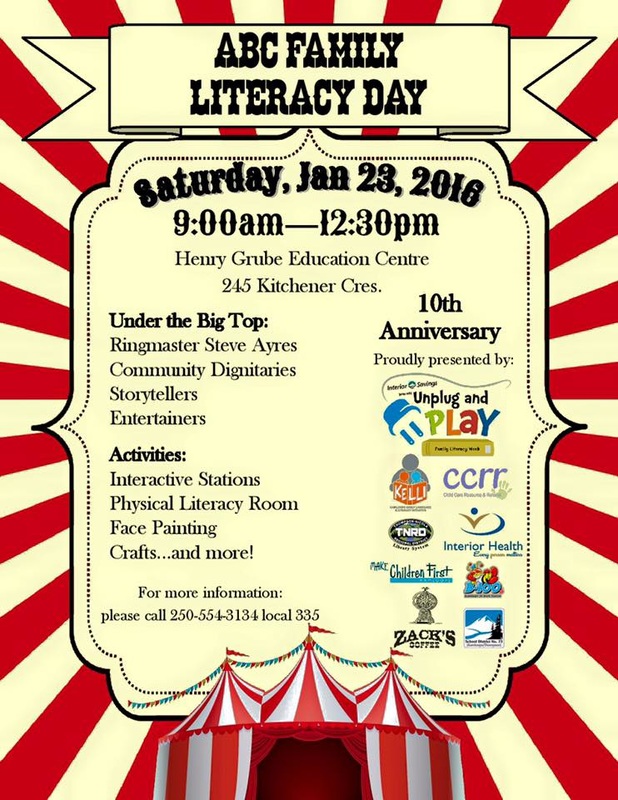|
The move to kindergarten means greater independence from mom and dad for children. In the classroom children are expected to perform basic self-care tasks like putting their jacket on and off, packing and unpacking their backpack, using the bathroom including the managing of all laces, buttons, zippers and snaps, opening up lunch items, eating neatly and making appropriate decisions. As parents we want to take care of our children and we tend to do many things for them that our children are capable of doing on their own. As a teacher, it is nearly impossible to do everything for the 20 children in my care each day. I need Team Awesome to be relatively self-sufficient and independent. There are things you can do at home to foster their independence and help them be adequately prepared for the rest of the year and into grade one.
Offer lots of opportunity for unstructured/free play. Yes, play actually fosters independence - especially when it's unstructured. How? Children are forced to come up with their own ideas and engage in play independently. They become increasingly self-reliant. This is a wonderful skill for children to master and such a help for parents as well. Teachers need students to be independent, to be able to follow simple directions without needing an adult constantly by their side. While it's wonderful to have structured and planned activities make sure you provide your child with ample opportunity to play and explore on their own as well. Give children age-appropriate chores and responsibilities at home. Children who are used to cleaning-up after themselves and helping with small chores at home have an easier time taking care of their supplies and classroom environment at school. Team Awesome is responsible for clean-up after snack and lunch and helping keep the overall classroom orderly as well. By encouraging your child to clean up after themselves at the end of meals, tidy their toys at the end of the day, put clothes in laundry bins and help with simple chores like setting the table, sweeping the floor, dusting, etc you will be preparing them to be responsible for their belongings and classroom at school. Foster your child's basic self-care skills. Imagine a classroom of 20 or so children. Now picture them all needing the help of their 1 teacher with zippers, buttons, snaps, tucking shirts in, tying shoe laces, opening lunches, emptying folders, etc. Allow them to dress themselves. Practice managing all those buttons, zippers and snaps both on their clothes and on their outerwear and don't forget backpacks. Give your child the opportunity to practice opening containers, wrappers, bottles and juice boxes. Let your child pack up their backpack. Practice hand washing, nose blowing and coughing into their elbow. It might take a bit longer but practice, practice, practice! Allow children to feel some degree of frustration. It's hard to see our children struggle with something. We want to help them and make things easier for them. Struggling with something isn't always a bad thing. It teaches perseverance, it engages critical thinking, problem solving and helps children practice patience. Many challenges will not be mastered easily or quickly. You do not want them to become easily upset or left feeling defeated when confronted with something new and/or difficult. One of the best ways to learn is by doing. The next time your child asks for help getting their shirt or shoes on - encourage them to try again. Walk them through it by asking questions like "what should you do first?" or "why do you think that didn't work?". Offer them puzzles with more pieces than they are used to working with. Challenge your child. They may experience frustration but they will also be gaining valuable skills in the process. Provide children with opportunities to make choices. This is a big one. Your child is spending a big chunk of their day at school - away from you. They need to be able to make decisions and think for themselves. They must be able to follow rules and make appropriate decisions to ensure they are acting in accordance with them. Children need to be able to follow classroom routines and engage in activities with distractions present. By giving your child opportunities to make choices you are preparing them for the classroom. Choosing their outfit for the day, books read at bedtime, the day's lunch/snack menu or choosing between different activities all helps children develop a sense of autonomy and enables them to make decisions when confronted with choices at school. Do you ask your child,"What happened at school today?" and they reply with "Nothing" or "I can't remember"? It's not that nothing happened but that sometimes SO much happens in a day they have trouble picking out just a few things to tell you about. And of course, the day sometimes seems so excruciatingly long that they can hardly remember the last hour much less nine or ten hours ago. We had a supper ritual when my boys were growing up where we took turns asking each other about one thing bad, one thing good and one thing interesting that happened in the course of our day- and we weren't allowed to reply with 'Nothing'. Because we started when they were still relatively young, it was easier to continue as they got into their teens and we still sometimes use it when we get together. Here are some suggestions that are a bit more specific than "How was your day?" (Good) to help open up conversations with Team Awesome members.  True story! And I have my fingers crossed I am passing my love of reading on to Team Awesome. This week when I was introducing a book as one of my favourite favourite favourites, one of the children said, "You always say that!". Another student replied, "That's ok Mrs. Bowden, we love them too!" I am hoping you can make a bit of time to join us in the gym on Wednesday from 8:30-9:00am to curl up and read with your child and pass on some of your love of books too. 
|
Mrs. Bowden &
|


